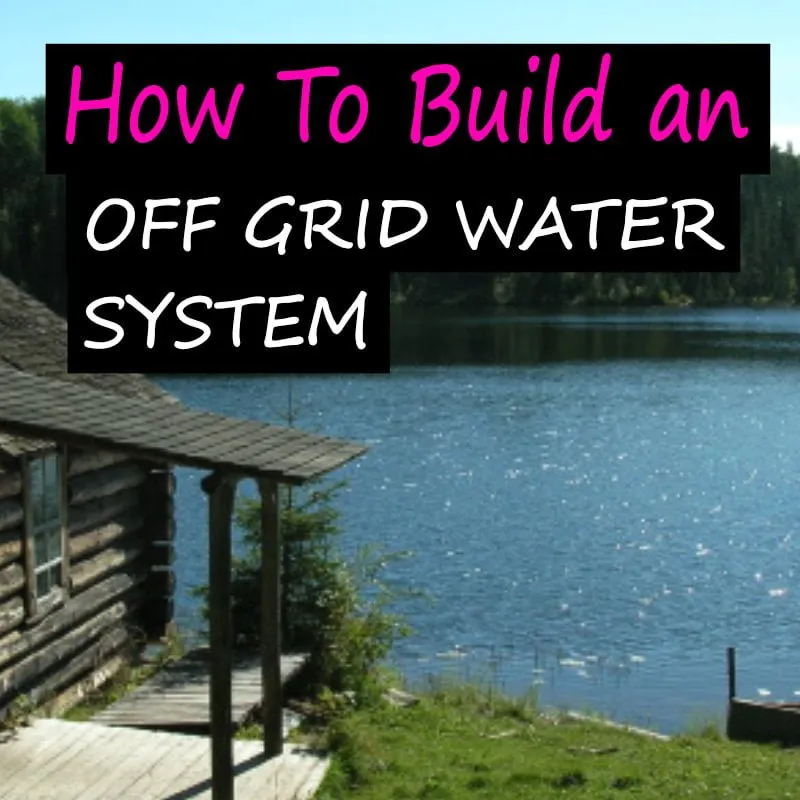Introduction
Off-grid living has become increasingly popular in recent years, with more people looking for sustainable and self-sufficient ways of living. One of the key challenges of off-grid living is ensuring a reliable and safe water supply. In this article, we will explore off-grid water solutions, including rainwater harvesting, well water, and water filtration systems.
Rainwater Harvesting
Rainwater harvesting is a sustainable and cost-effective way of collecting and storing rainwater for domestic use. This method involves collecting rainwater from rooftops and storing it in tanks or cisterns for later use. Rainwater harvesting systems can range from simple barrels to more complex systems with filtration and purification systems.
One of the key benefits of rainwater harvesting is that it reduces the demand on traditional water sources, such as wells or municipal water supplies. It also helps to conserve water and reduce runoff, which can help prevent flooding and erosion.
Well Water
Well water is another popular off-grid water solution, especially in rural areas where access to municipal water supplies is limited. Wells can provide a reliable and sustainable source of water for drinking, cooking, and irrigation. However, well water quality can vary depending on the location and depth of the well.
It is important to have well water tested regularly for contaminants such as bacteria, nitrates, and heavy metals. Well water may also require treatment with a water filtration system to remove sediment, bacteria, and other impurities.
Water Filtration Systems
Water filtration systems are essential for off-grid living to ensure that water is safe and clean for consumption. There are various types of water filtration systems available, including reverse osmosis, activated carbon filters, and UV purification systems.
Reverse osmosis systems use a membrane to remove impurities and contaminants from water, while activated carbon filters absorb chemicals and odors. UV purification systems use ultraviolet light to kill bacteria and viruses in water.
Choosing the Right Off-Grid Water Solution
When choosing an off-grid water solution, it is important to consider factors such as water availability, water quality, and maintenance requirements. Rainwater harvesting may be a suitable option for areas with regular rainfall, while well water may be more appropriate in rural areas with access to groundwater.
It is also important to consider the cost and installation requirements of each water solution. Rainwater harvesting systems may require a larger initial investment for tanks and filtration systems, while well water may require drilling and maintenance costs.
Conclusion
Off-grid water solutions are essential for sustainable and self-sufficient living. Rainwater harvesting, well water, and water filtration systems are key options for off-grid water supply. By choosing the right water solution and implementing proper filtration and purification systems, off-grid homeowners can ensure a reliable and safe water supply for their daily needs.
#Exploring #OffGrid #Water #Solutions


